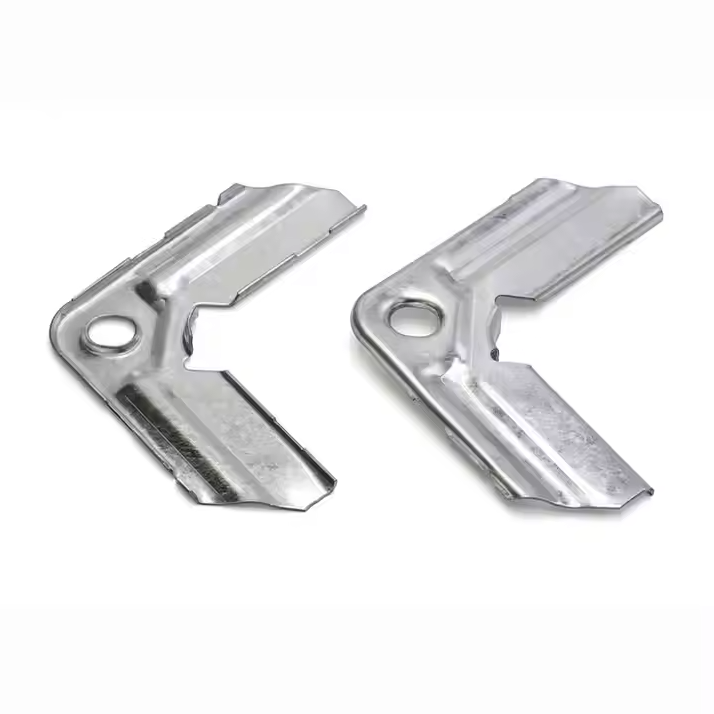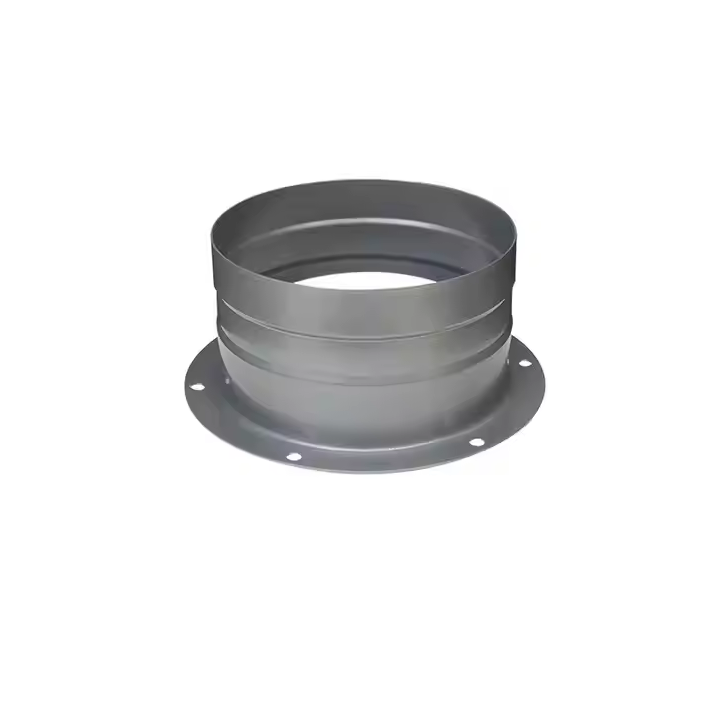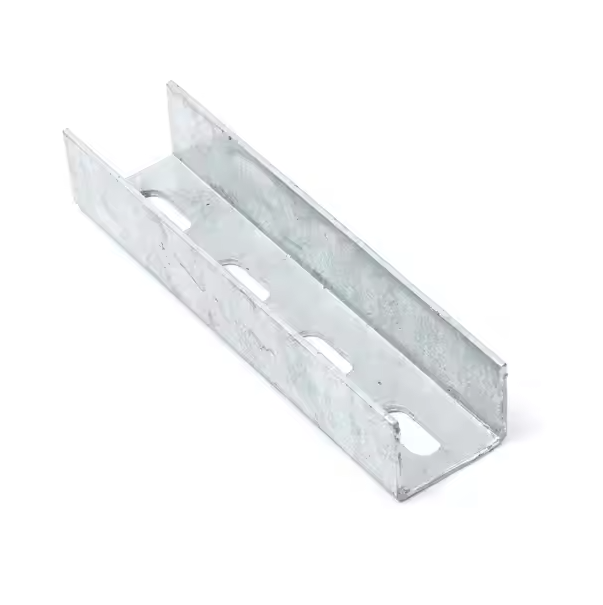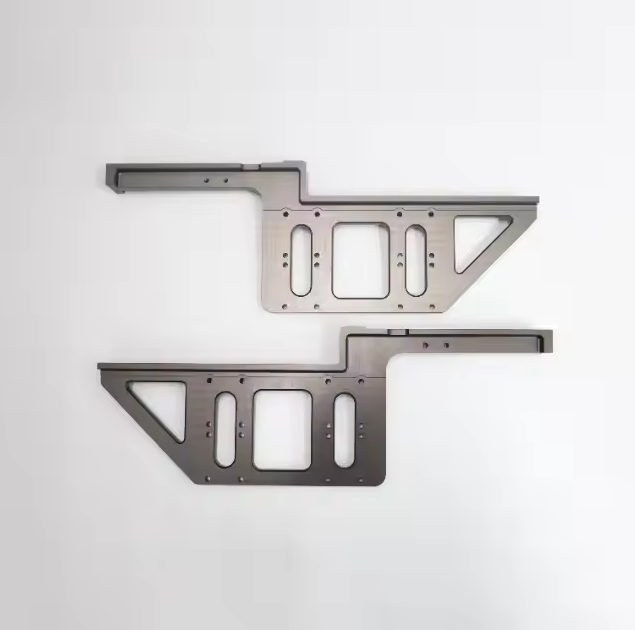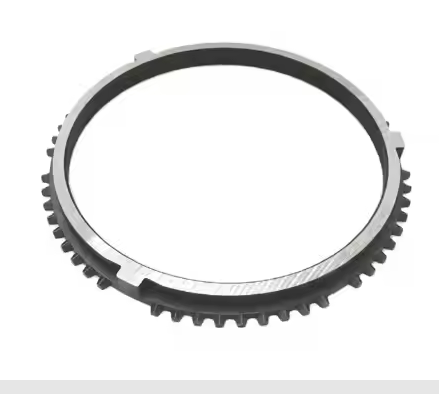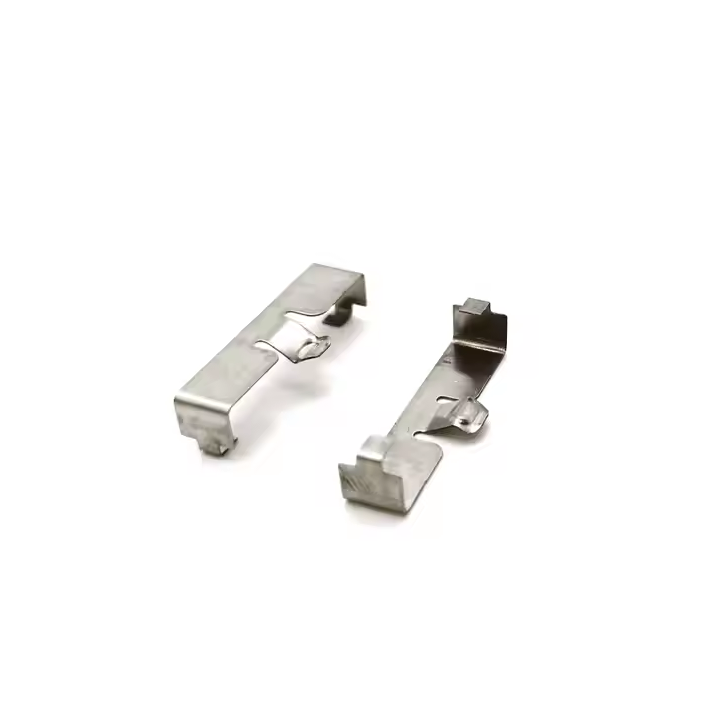Sheet metal fabrication includes a variety of processes, including cutting, bending, and punching, which can be used together or separately. Sheet metal fabrication can be used to create functional prototypes or end-use parts, but end-use sheet metal parts usually require finishing before they can be marketed.
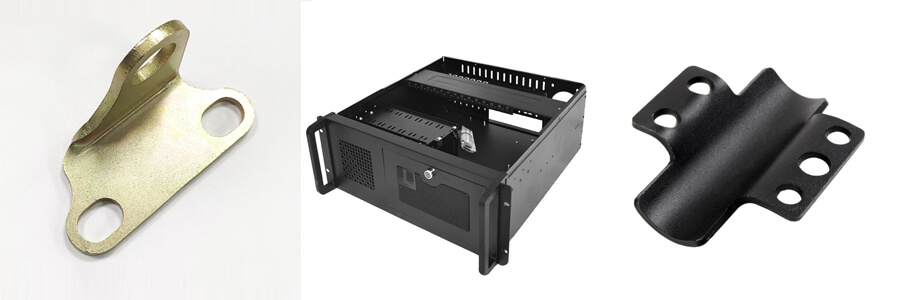
Sheet metal processing is divided into production, cutting, stamping, bending, forming, welding, polishing, spraying, printing, assembly and other processes.
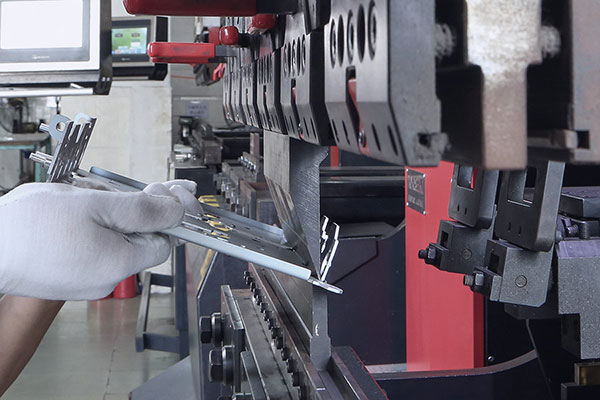
Advantages of Sheet Metal Fabrication:
Functionality: Sheet metal fabrication can produce a large number of complex cubic and parametric geometries, as well as a variety of curves, shapes, and patterns. In addition, sheet metal fabricators can produce extremely high-quality, durable parts and structures using sheet metal fabrication techniques.
Versatility and Optionality: Sheet metal fabrication has a variety of functions and features that make it a highly versatile manufacturing process. The process can manufacture individual parts or entire assemblies, small or large structures, and one-off or mass production. It is also compatible with a wide range of metals.
Availability of machining options:At each stage of machining, there are a variety of options to choose from, depending on the project. For example, cutting options include water jet, plasma, and laser cutting. There are also various forming options, such as stretching, bending, spinning, and more. In addition, sheet metal machining is compatible with a wide range of finishing options.
Scalability: Most sheet metal fabrication processes can be automated and multiple parts can be processed simultaneously. This feature makes manufacturing highly scalable and suitable for high-volume production. Most sheet metal fabrication applications are performed on an industrial scale using automated production lines.
Materials: Sheet metal fabrication is compatible with hundreds of pure metals, alloys, and superalloys. There is a suitable sheet metal with unique properties for nearly every possible application.
Accuracy: The use of advanced CNC machinery can significantly improve the accuracy and precision of the sheet metal manufacturing process. Computers can control all aspects of manufacturing, including cutting, forming, and bending. CAD also enables manufacturers to consider potential errors from the design stage.
Sheet metal processing technology is used in various fields. It is the main manufacturing process in the automotive industry. More than 50% of automotive parts are made of sheet metal, using various sheet metal manufacturing processes. Auto parts such as body panels, rear quarter panels, floor pans, frame rails, inner fenders, brackets, mounting plates, bumpers, fuel tanks, shells, etc. are all manufactured through sheet metal manufacturing technology, including cutting, stamping, rolling, drawing, welding, etc.

The applications of sheet metal fabrication in the construction industry are as wide and varied as the construction industry itself. Sheet metal is used for building cladding, roof panels, windows and doors, plumbing and waste management, HVAC, electrical and gas supply, decoration, facades, railings, structural members, gates, and decorative components. The widespread use of sheet metal fabrication in the construction sector is attributed to the durability, strength, high weather resistance, manufacturability, versatility, aesthetics, and other beneficial properties of various metal sheets, including steel, aluminum, and copper.

Metal is one of the earliest forms of packaging and remains the preferred packaging material for many products. Sheet metal fabrication produces small to medium-sized containers for canned foods, beverages, paints, aerosols, gases, oils and chemicals.
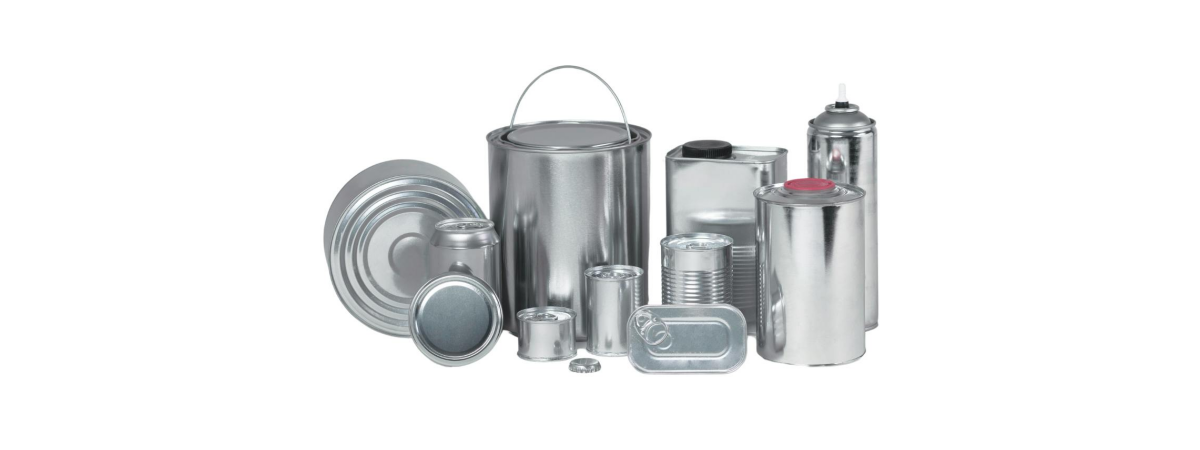
Many manufacturers use sheet metal fabrication to produce a variety of consumer products. These products include:
Electronics: Cell phones, tablets, TVs
Electronic appliances: Irons, kettles, microwaves
Kitchenware: Cookware, cutlery, countertops, sinks
Bathroom fixtures: Sinks, shelves, pipes
Musical instruments
Trash cans
Sporting goods
Furniture
Personalized items
Chongqing Xuanmin Technology provides CNC machining, custom metal stamping, aluminum extrusion, die casting and forging services and is a full-service provider of manufacturing and supply chain management. We use a number of different manufacturing processes to treat metals to meet your needs. The design, requirements and materials will all determine which sheet metal manufacturing process is best for your project. Some of the more common processes include: laser cutting, bending, stamping, punching, welding, etc. Get us involved early and we will help you spend your money wisely.
